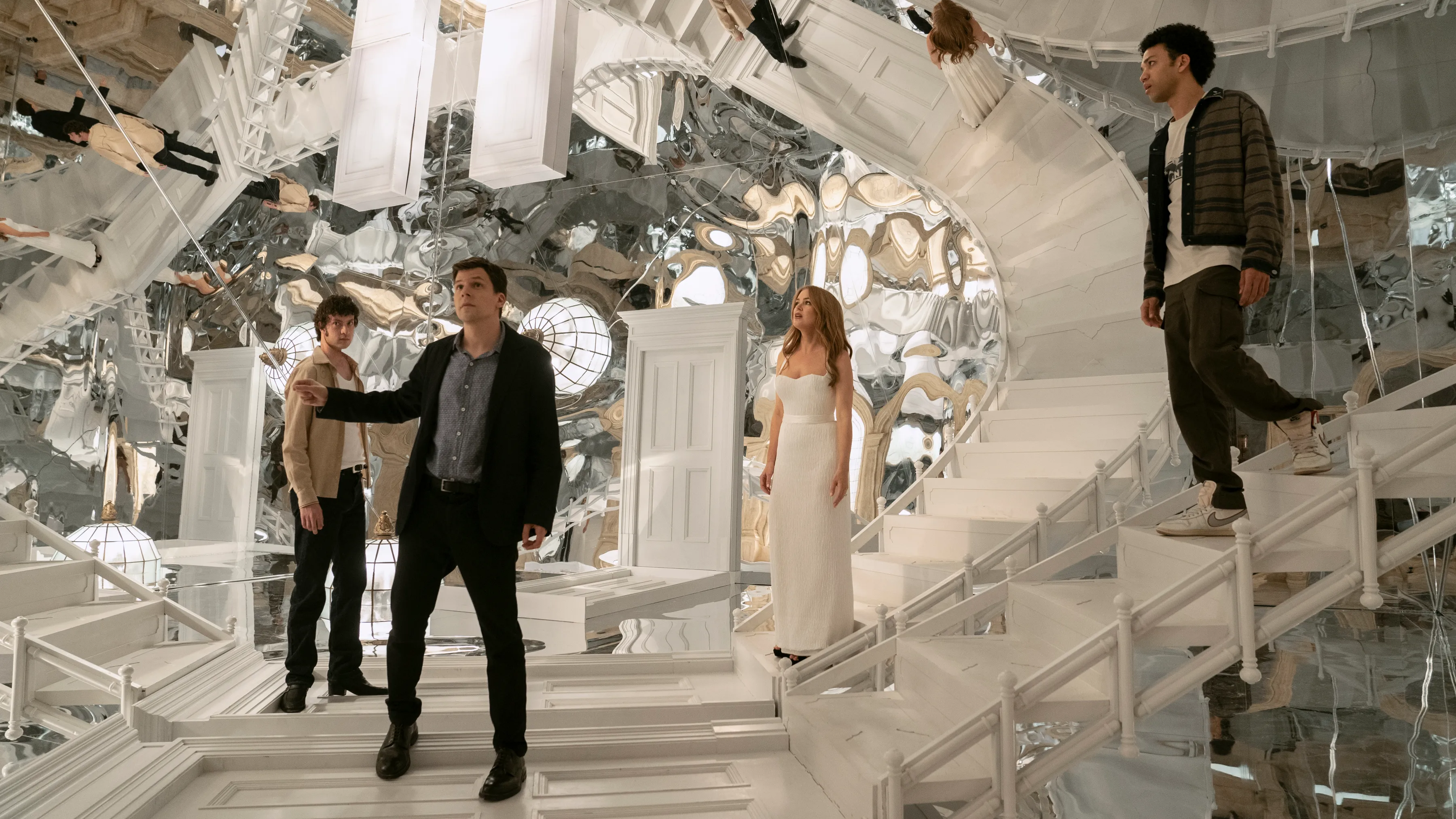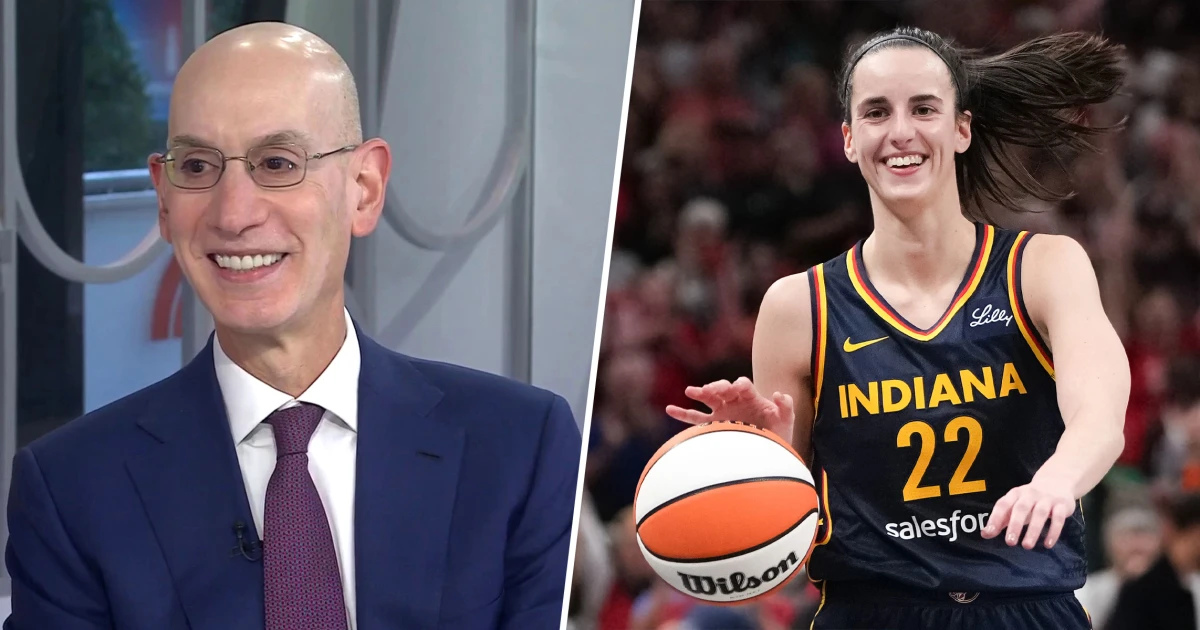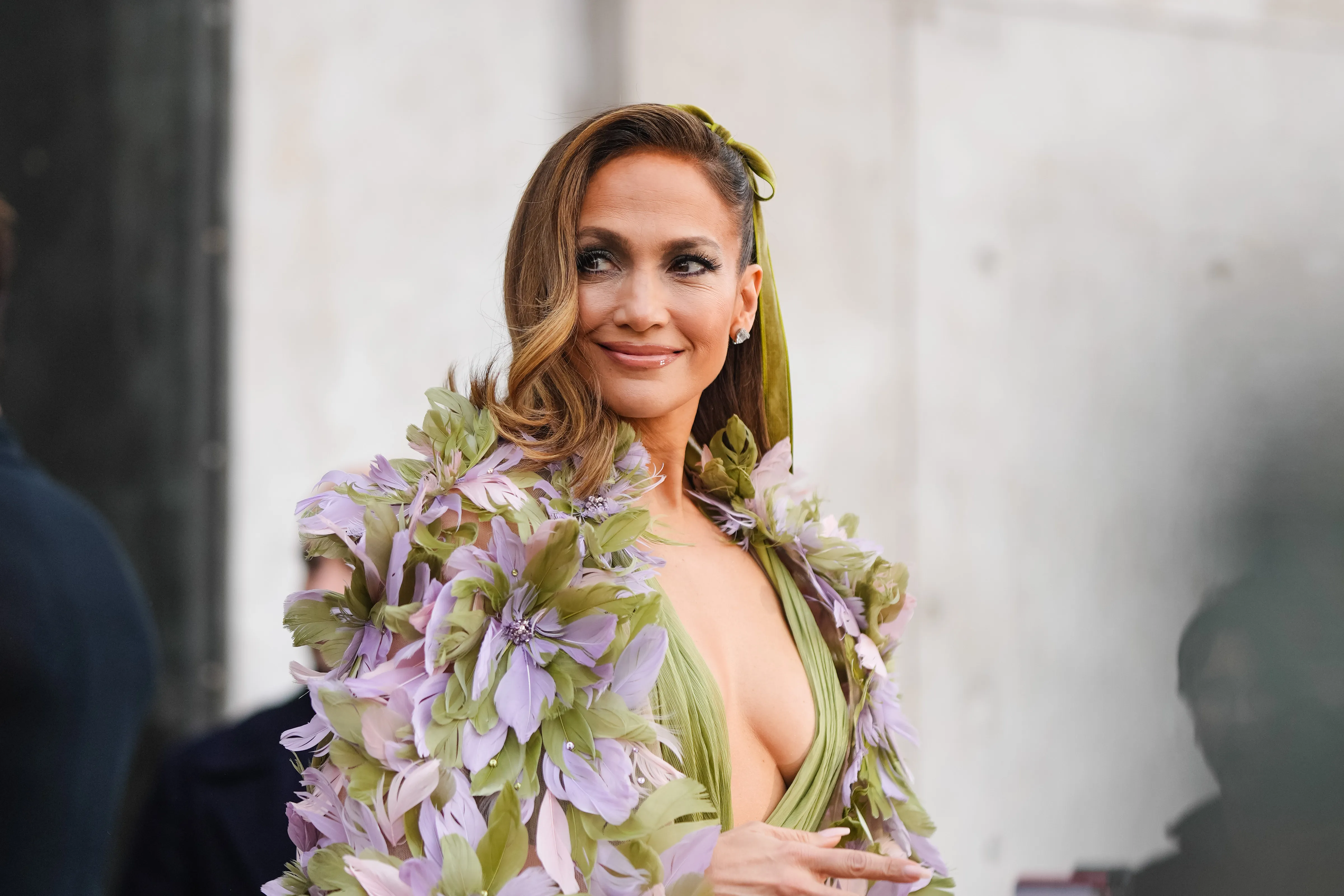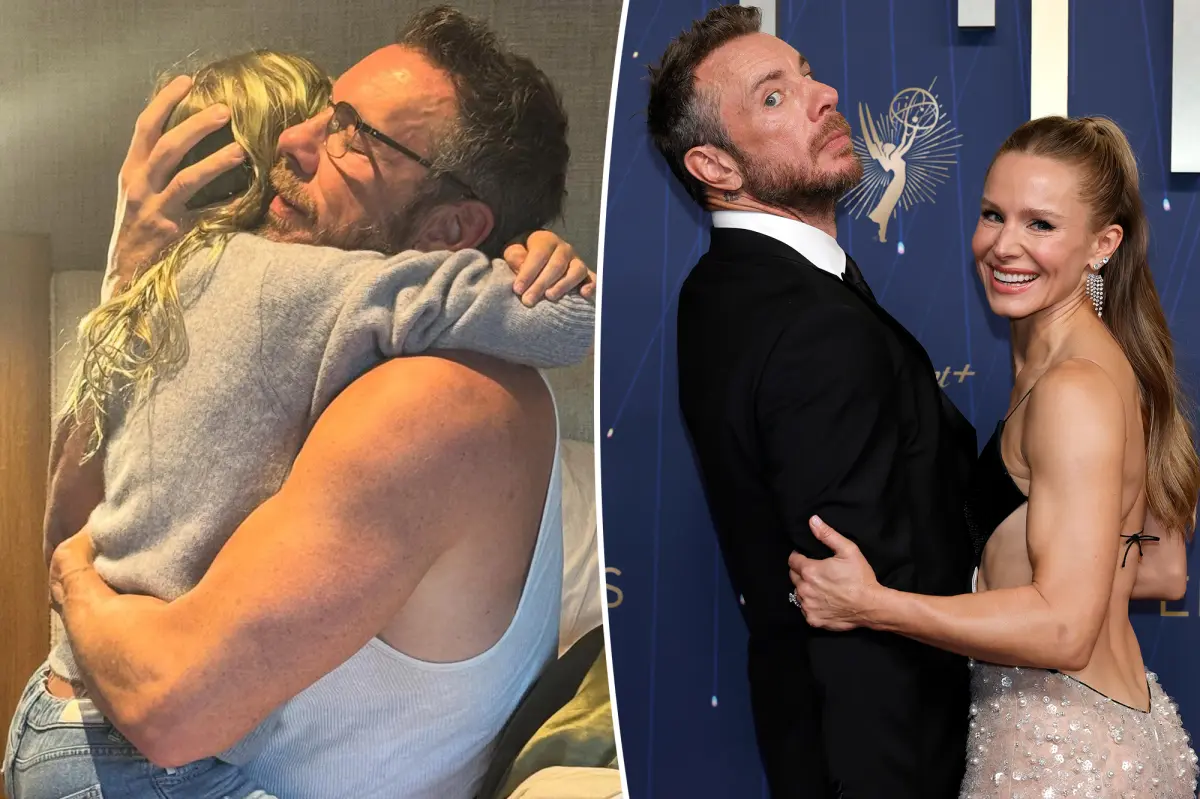Copyright gq

Minutes into the forthcoming film Now You See Me: Now You Don’t, a troupe of wily magicians filch a vest-clad finance bro’s solid gold iPhone and redistribute his crypto fortune to the audience at their Bushwick warehouse show. Not long after that, an omniscient entity called The Eye—a sort of Skull and Bones for people who know how to saw someone in half—commands the group to use their unique skill set (sleight of hand, prestidigitation and misdirection) to take down a network of arms dealers and warlords who've been using blood diamonds to launder ill-gotten billions. The Now You See Me franchise, whose first installment hit theaters in 2013, takes a time-honored subgenre—the Robin Hood-style heist film—and adds Marvel-movie tropes and a hint of National Treasure-style conspiratorial shenanigans. The films follow the Four Horsemen, who are the world’s greatest magicians and also happen to be the world’s greatest thieves. The crew includes J. Daniel Atlas (Jesse Eisenberg), a card trick whiz; the escape artist Henley Reeves (Isla Fisher); Jack Wilder (Dave Franco), a pickpocket-slash-card thrower; and Merritt McKinney (Woody Harrelson), a freewheeling mentalist who can hypnotize groups en masse; recurring supporting players include Lizzy Caplan, Oscar winners Morgan Freeman and Michael Caine, and Mark Ruffalo. The premise may sound a little unbelievable and more than a little dorky, but the Now You See Me movies have been reliable smashes for Lionsgate. The first film grossed over $350 million worldwide in 2013, beating out IP behemoths like The Smurfs 2 and A Good Day to Die Hard and even Jackass Presents: Bad Grandpa. The 2016 sequel dipped slightly, but still raked in roughly $335 million. The Now You See Me franchise has done so staggeringly well in the past that although the threequel doesn't premiere until November 14th, Lionsgate has already started production on a fourth film about this merry band of magicians. It’s a damn near inconceivable feat for an original story not based on preexisting IP. Apparently, even in a jaded and irony-drenched world like ours, there’s an audience that yearns for unpretentious heroes representing a subculture historically associated with pulling rabbits out of hats somewhere off the Vegas strip. The franchise’s own heavy hitters seem no less surprised by the films’ success. When the first Now You See Me script landed on Eisenberg’s desk, he didn’t have high expectations. “I remember reading it with a real kind of suspicion,” he says. It’s not that Eisenberg didn't believe in magic: His mother worked as a birthday-party clown, and Eisenberg remembers being dazzled by a local magician that would sub in for his mom sometimes during gigs. But he was still skeptical that magic could be the backbone of a Hollywood blockbuster. So was Dave Franco, who reveals that he can now chuck a playing card hard enough to cut a banana in half, but admits he signed on knowing that the idea of magicians pulling heists was “a concept that could fail miraculously if done incorrectly.” Crucially, the Horsemen aren’t your great-grandmother’s magicians. They’re decked out in tailored suits instead of top hats and coattails—a tonal shift that the film’s producer, Bobby Cohen, says helped sell the idea. Cohen jokes that “magicians are, in the entertainment scale, a notch below rodeo clowns. How do you make magicians cool?” Cohen’s answer arrived in positioning the Horsemen more as a rock band versus a carnival sideshow. “You got your lead singer, you got your cool bass player, you got the drummer, you got the cool female singer,” he says. Within that rock band lineup, though, the characters fell into familiar roles—the cocksure leader (Eisenberg), the grizzled veteran (Harrelson), the puckish one (Fisher), and the young wildcard constantly proving themselves (Franco). The Now You See Me franchise also heavily leans on the delicious sense of comeuppance that animates superhero films. The Horsemen don’t load up their own bank accounts when they pull off a job. Their audience gets to keep the loot while they taunt the evil rich people of the world, including insurance magnates who denied claims to Hurricane Katrina victims, armed only with their cunning. “They tickle that part of us that enjoys feeling clever,” Eisenberg says. “They are Hollywood movies and action-oriented with twists and turns, but they're nonviolent. And so instead of it being the guy with the biggest gun winning, it's the cleverest person who can outwit whoever the antagonist is.” Magic and popular culture have always been enmeshed, from the time when entire cities were papered over with bright fliers advertising Harry Houdini’s latest impossible feat to the Gilded Age-era spectacle of Howard Thurston’s elaborate productions. The form has translated particularly well to the big screen, with films like The Prestige and Nightmare Alley earning auteur bonafides. But these magicians were typically portrayed more as eccentric obsessives rather than off-duty rock bands seamlessly pulling off bank heists between sound checks. That or they were characterized as inept buffoons—recall Will Arnett’s smug Gob Bluth from Arrested Development, producing dead doves from his pocket and posing with fellow magicians holding a sign that read WE DEMAND TO BE TAKEN SERIOUSLY. Yet in the twelve years since the first Now You See Me film opened in theaters, magic has had its own glow-up. As the David Blaines, Criss Angels, and Shin Lims of the world became bigger and bigger live draws, reality competition shows like America’s Got Talent and Penn & Teller: Fool Us brought magic to wider TV audiences. Once a niche bedroom pastime, magic began to look a little sexier, and maybe even cool. “I've always thought magic was nerdy,” says Justice Smith, a self-described “fairly nerdy” person who stars in the new film. “But I literally just talked to a friend yesterday who was like, ‘A magician is, like, the hottest person.’ And I was like, Really?” Smith speculates that this might be about the allure of expertise: “It’s the same as finding out someone has a black belt,” he offers. “It feels like it's a statement of intellectual prowess.” As an industry, magic has also boomed. When Joshua Jay was coming up as a magician, there was only one place he and his fellow magicians aspired to perform: The Magic Castle in Los Angeles. “Fast forward to now, and it's unbelievable,” he says. “There are five major venues in Chicago, with another one on the way that's a $50 million venue. You can now tour as a magician, dotting the landscape from east to west, only working at public, dedicated magic spaces. That’s new, and there's got to be a reason for that. And I think that magic is finding its lane as a viable performing art.” For the Toronto-based magician Jonah Babins, it’s a net good when magic appears in pop culture, even if Hollywood bells and whistles can create false expectations of what a magician can reasonably do. “Sometimes it sucks in the real world when someone's like, ‘Can you levitate?’ I'm like, ‘Dude, what are you talking about’?’” he says. Still, the conception of magic has changed considerably within the 31-year-old’s lifetime. “We're cousin art forms to things like juggling and ventriloquism. Like, we're closer to the circus than we are to rock stars. Now, people are like, ‘Oh, my God, yes, I would love to see a magic trick,’ which is not what it was like when I was twelve.” Just as magicians have changed in that time, so have the Now You See Me films. Whereas the first film had a “very cool sheen” with slick camera movements and wardrobe choices, as Eisenberg describes, the third installment feels a little more down to earth. Now You See Me: Now You Don’t director Ruben Fleischer, who’s also on board for the prospective fourth film, wanted to deviate from the VFX and CGI that he believes the earlier films “relied too heavily” on to accomplish the Horsemen’s magical acts. For the new film Fleischer went analog, using practical effects for one of the more ambitious sequences that sees our heroes eluding villains in a hall of mirrors, an upside-down room, an infinity staircase, and a perspective-warping room in a French chateau (which was shot in Hungary). “We really did have a rotating room, which is an effect that goes back to, like, Fred Astaire dancing on the ceiling,” Fleischer says. “It’s a very old-school Hollywood effect. I wanted everything to have that tangible quality…to ensure that anything that we were doing was justifiable and that could be explained, and that there was nothing that would leave the audience thinking, ‘Oh, are they sorcerers, or are they magicians?’” The new film also sees a new crop of Gen Z magicians—played by Dominic Sessa (The Holdovers), Ariana Greenblatt (Barbie), and Smith (I Saw the TV Glow)—joining forces with the Horsemen as they grapple with some intergenerational friction. Sessa believes that the films’ originality is their ultimate selling point—“I think we are in a time where original stories are what people are hungry for,” he says—yet enough time has passed since the first Now You See Me that a sense of longing is also an inevitable draw. “Now more than ever, it feels like there's a correlation between nostalgia and box office,” says Fleischer. “Maybe it's this crazy world that we live in, and people will just want to return to a simpler time, and that this evokes that for people.” The studio appears confident that nostalgia will be a potent enough force to move mountains of cash—so much so that Cohen says that Lionsgate called him and Fleisher in Abu Dhabi while they were filming the last scenes of Now You See Me: Now You Don’t, to get them going on the next one. “‘We know you guys are on to something here, and you have not just made another good movie, but you have, by bringing these new characters along and shifting the focus from the original cast to this new infusion, we can keep doing these,’” Cohen recalls Lionsgate saying. “By the time Now You See Me: Now You Don’t comes out—and, knock on wood, everyone loves it—we don't have to start from scratch.” Not even the Horsemen know how this film will perform at the box office. (“It feels like it's poised to do very well, but I have been burned in the past,” a cautiously optimistic Franco says.) But this time around, there’s a cultural edge that might boost its box office chances: Magic has once again taken off in the zeitgeist, this time in the form of TikTok videos that have gone viral many times over. For magicians like Babins, this cultural deviation has already translated into newfound demand for his services. “This is the new age of bringing a magician to a house party,” he says. “We've never had more inquiries for bachelorette parties than we have in the last six months.” Another potential harbinger of success: History has also shown that magic tends to perform well during times of strife, as magician Jay notes. “In the Great Depression, when things were really bad in this country, [people] turned to magicians,” he says. “They wanted to see something that they couldn't explain. We're not exactly going through a great period in American history, and this is the perfect time for escapism, literally and figuratively.” Yet the answer to this franchise’s unlikely success might not even be that complicated. It may just be that the Now You See Me movies are a blast, and have a way of arriving precisely when a sense of whimsy is lacking. Misdirection itself transforms into a marvel when a crowd—before a magician, in front of a silver screen—suspends their disbelief as a collective. When we watch a magician, “we know that it's not real supernatural magic,” Smith says. “But because we don't know how the person is doing it, we all choose to believe in a supernatural possibility.”



